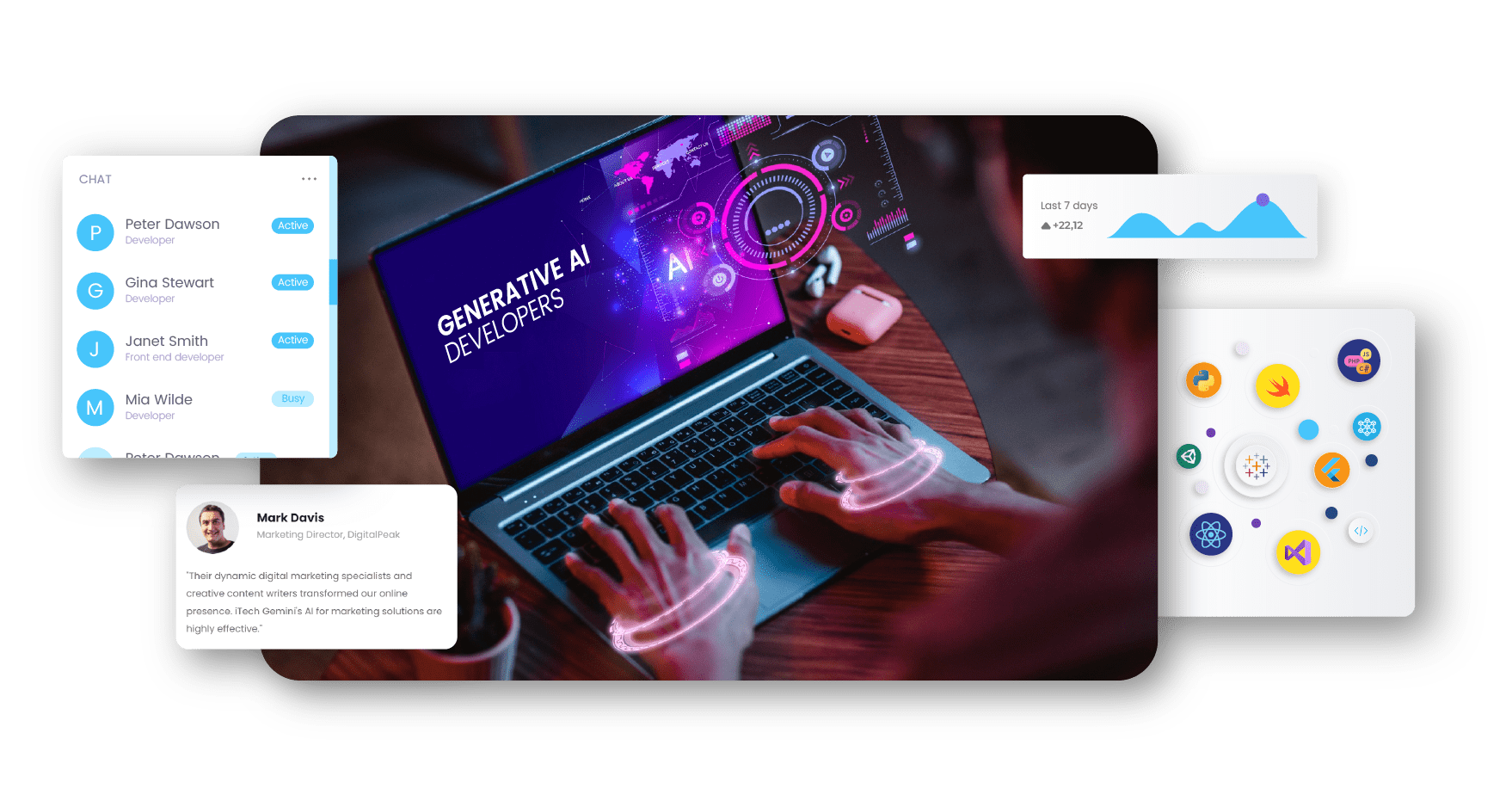Generative AI: Revolutionizing Creativity in the Digital Age
Understanding Generative AI
Generative Artificial Intelligence (AI) has been a revolutionary advancement in technology, allowing machines to mimic human-like creativity by generating data, images, or even text. However, amidst its marvels, it’s crucial to acknowledge the limitations that come with this cutting-edge technology.
Complexity vs. Accuracy
Generative AI models operate on intricate algorithms designed to understand and replicate patterns within datasets. However, these algorithms, despite their sophistication, often struggle with accuracy when faced with complex tasks or nuanced contexts. For instance, generating coherent and contextually relevant text can be challenging, leading to outputs that may seem nonsensical or irrelevant.
Data Dependency
One of the fundamental limitations of Generative AI is its heavy reliance on data. These models require vast amounts of high-quality data to learn effectively and produce meaningful outputs. Without sufficient and diverse data, the generated content may lack diversity, originality, or relevance. Moreover, the biases present in the training data can inadvertently seep into the generated outputs, perpetuating societal prejudices or misinformation.
Ethical Concerns
The proliferation of Generative AI raises significant ethical concerns, particularly regarding the potential misuse of generated content. As these models become more adept at mimicking human behavior and creating realistic content, there’s a growing risk of misuse, such as generating fake news, fraudulent documents, or deepfake videos. Addressing these ethical challenges requires careful consideration and proactive measures to mitigate potential harm.
Resource Intensiveness
Training and deploying its models demand substantial computational resources and energy consumption. These resource-intensive processes contribute to environmental concerns, including increased carbon emissions and energy consumption. Additionally, the high computational costs associated with maintaining and updating these models may limit accessibility, disproportionately benefiting well-resourced organizations or individuals.
Lack of Understanding and Interpretability
Despite their impressive capabilities, Generative AI models often operate as black boxes, lacking transparency in their decision-making processes. This lack of interpretability poses challenges in understanding how and why these models generate specific outputs, hindering trust, accountability, and regulatory compliance. As a result, it becomes challenging to identify and rectify errors or biases within the generated content.
Conclusion
While Generative AI holds immense promise in revolutionizing various industries and creative endeavors, it’s essential to recognize and address its inherent limitations. From accuracy and data dependency to ethical concerns and resource intensiveness, understanding these limitations is crucial in fostering responsible and ethical deployment of Generative AI technology. By acknowledging these boundaries, we can strive towards harnessing the full potential of Generative AI while mitigating potential risks and ensuring a more equitable and sustainable future.


